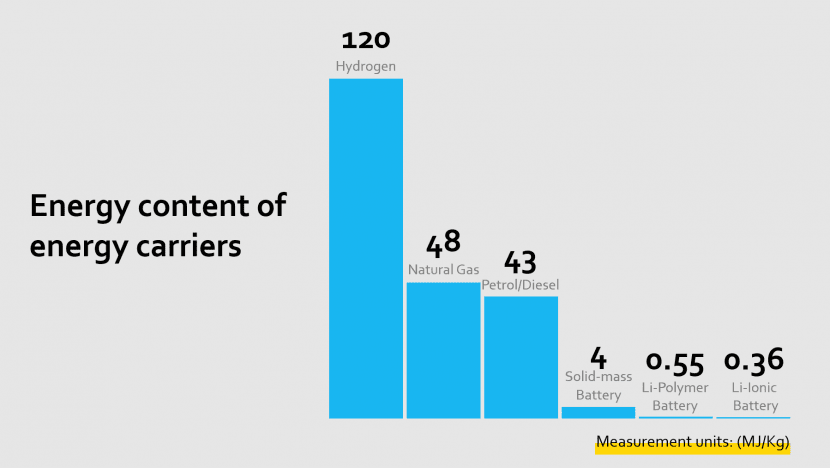
The European Commission‘s new hydrogen strategy is out and reinforces much of the IRU‘s vision on decarbonising long distance road transport for passengers and goods by 2050.
In commercial road transport, especially for longer distances and heavier loads, green hydrogen is the most promising alternative fuel because of its favourable energy content: one kilogram of hydrogen stores three times more energy than its oil equivalent and 330 times more energy than one kWh of battery cells.

The new strategy sets out ambitious targets for green hydrogen produced from 100% renewable electricity as part of a more sustainable and circular economic system.
For transport, this backs the need for a more holistic ‘well-to-wheel‘ approach to measuring and monitoring CO2 emissions resulting from the production, supply and use of the energy, as opposed to a narrower ‘tank-to-wheel‘ approach in which only the energy use of the vehicle is considered.
The IRU has actively worked on sustainably produced hydrogen as an alternative fuel for commercial road transport, launching the H2Haul project in 2019 in partnership with a European consortium of truck manufacturers, fuel cell suppliers and logistics companies. Funded by the EU‘s Horizon 2020 programme, H2Haul aims to develop and deploy 16 zero-emission fuel cell trucks operated by supermarket suppliers in Belgium, France, Germany and Switzerland.
In mapping out a pathway to implement green hydrogen for transport operators, the strategy also highlights that natural gas is an important transition fuel on the pathway to hydrogen and suggests the gradual repurposing of the existing gas distribution network and vehicle refuelling infrastructure (LNG and CNG) for faster deployment of hydrogen in transport.
New technologies are expensive and, as the majority of commercial road transport operators in the EU are small and medium enterprises (SMEs), the strategy also points to the need for financial incentives for companies to plan investments in greener fleets, including green hydrogen powered trucks and coaches.
Some governments already recognise the importance of a clear incentive pathway for alternative fuels. The German Parliament for example recently prolonged the existing exemption from road user charges for clean trucks until 2023.
At a time when many SMEs are facing liquidity challenges due to the impact of Covid-19, visibility on existing and planned financial incentives to drive green recovery is all the more important.
All fuels – current and future alternatives – have an important role to play in mapping out decarbonisation plans for all transport uses, from short urban hops to moving goods across countries.
However, the commission‘s new strategy clearly positions clean hydrogen as the best option for road transport, especially as electric vehicles are not realistic for longer journeys and heavier loads.
With the ambitious objective of net zero emissions by 2050, the challenge now lies in making clean hydrogen work for transport operators in terms of technology availability, operational feasibility and economic viability. The goal: reducing CO2 emissions over time without compromising road transport services and the huge economic and social benefits they provide.




